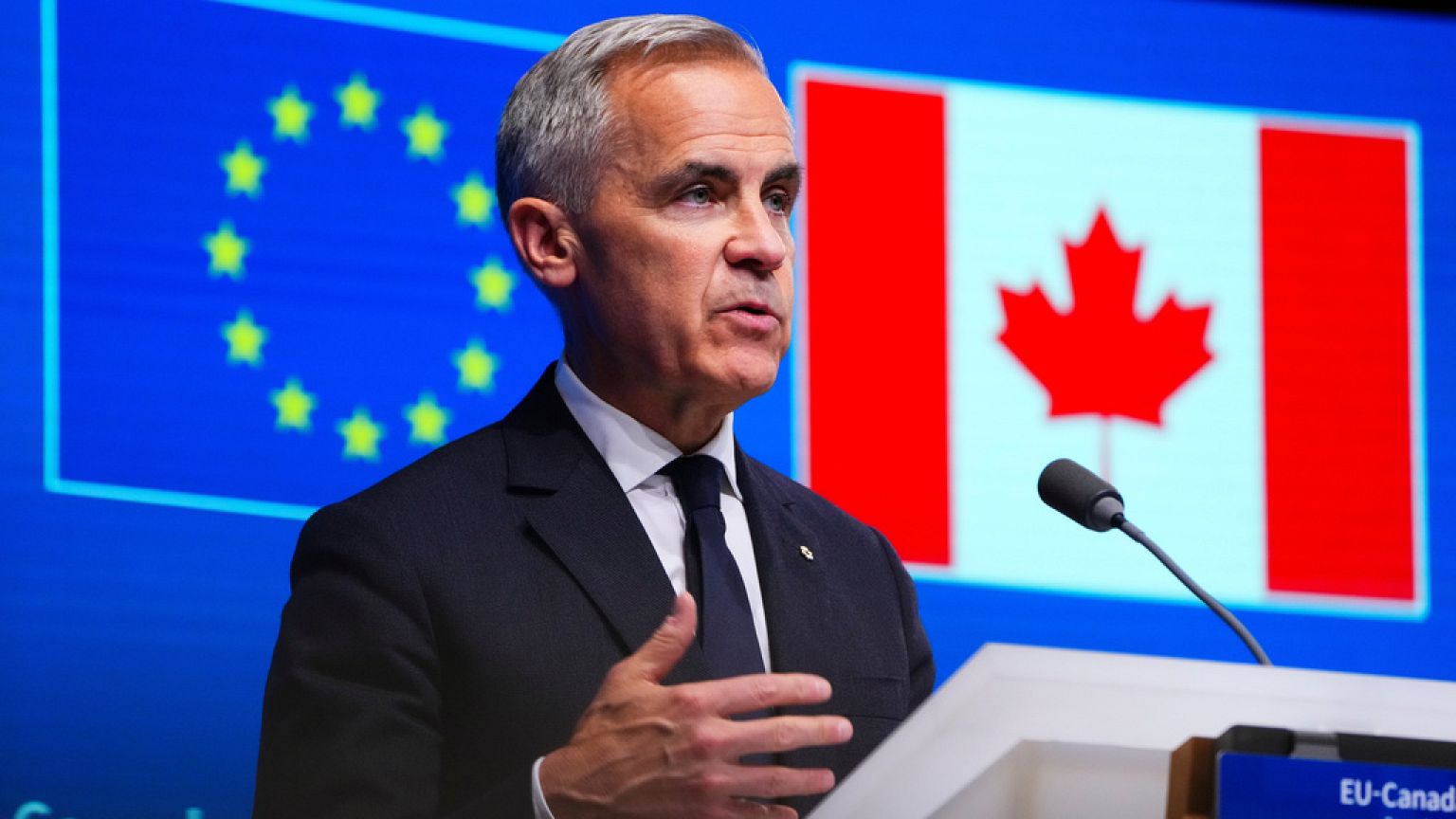
Trump Stacks the Deck: EU-Canada Trade Talks Forced To Fold
By nature, Trump thrives on public adulation and boisterous support and is adept at lulling his opponents into a false sense of security before launching a round of surprise offensives. Even more often, he will step into the role of strategic provocateur, getting his counterparts to bare their souls and lay their cards on the table. Ultimately, he never misses a chance to toy with confused rivals — driven less by strategy than by a streak of childish mischief.
Trump has long had the measure of the principal EU member states: innately risk-averse, prone to feigning innocence and always calculating the risks and rewards to their own political reputations. At the NATO summit in late June, this group staged a performative debate over the future of the world, condemning the war in Ukraine and the human rights situation in Palestine and Gaza, yet all agreeing to increase military spending to 5% of their gross domestic product.
During the summit, NATO Secretary-General Mark Rutte even remarked that Trump’s forceful leadership was like a father stepping in to scold his children for fighting: “Daddy has to use strong language” to get them to stop. The comment quickly became a hot topic in international media and diplomatic circles.
That is the very reason why Taiwan’s national security team concluded from day one that Taiwan had to do its utmost to align itself with Trump’s will, starting with zero tariffs as a basis for talks. Particularly with the U.S.-China decoupling already underway, Taiwan naturally fell into line. What’s more, Trump at one point even declared that Taiwan should devote 10% of its GDP to military preparations, or at least consider such allocation as insurance for its national defense.
Since then, Taiwan has been actively discussing the establishment of a sovereign wealth fund and complying with U.S. requests to invest in American gas pipelines, even acquiring American shale oil and gas fields. Politicians from Taiwan’s ruling and opposition parties thus believe that catering to such expectations will surely win them favor at the highest levels in Washington.
In contrast, the EU and Japan have neither been proactive on the non-tariff barriers that Trump values nor in cooperating on military cost-sharing. Germany and France have sought to bolster their own armed forces, while the U.K. and France have proposed working together to regain the initiative over nuclear strike authority.
In the last few days, there have been further insider reports of U.S. defense officials pressing Australia and Japan to articulate their commitment in the event of a conflict in the Taiwan Strait. Prior to this, South Korea and Canada had been sharply criticized for failing to take a clear stance on the strategic redeployment and “Golden Dome” defense system envisioned by President Trump.
In this light, Trump may appear inscrutable, but he does in fact have what he considers to be a comprehensive plan — one that stimulates the U.S. defense industry, while using steep tariffs to keep allied nations in check. Ultimately, of course, his chief objective is to secure the effective consolidation of American hegemony in the 21st century.
The author is an associate professor at the National Taiwan University.


